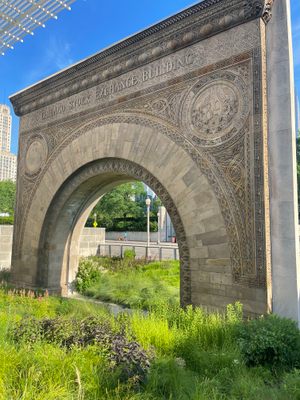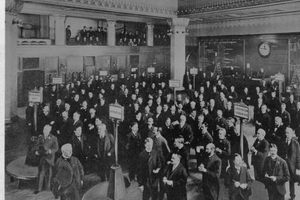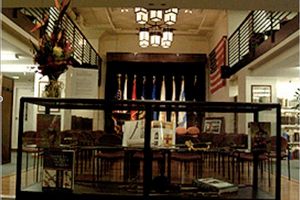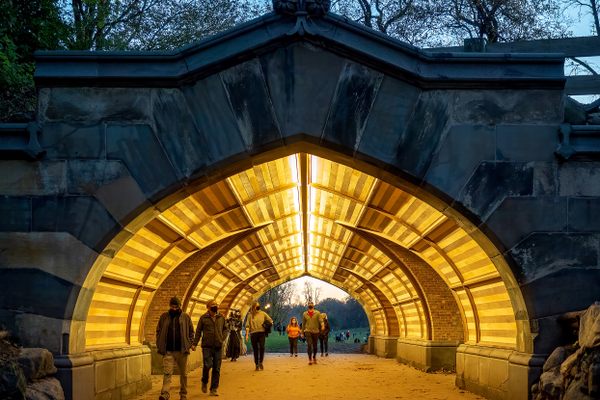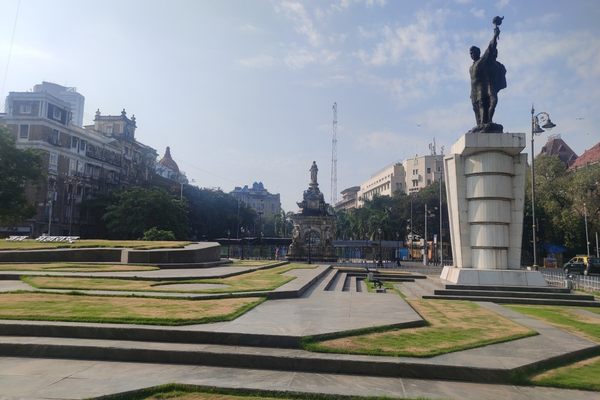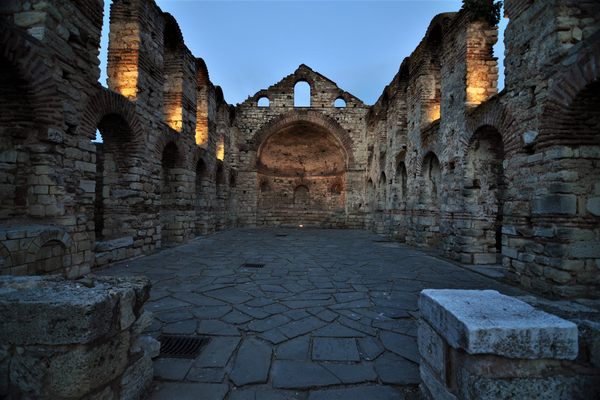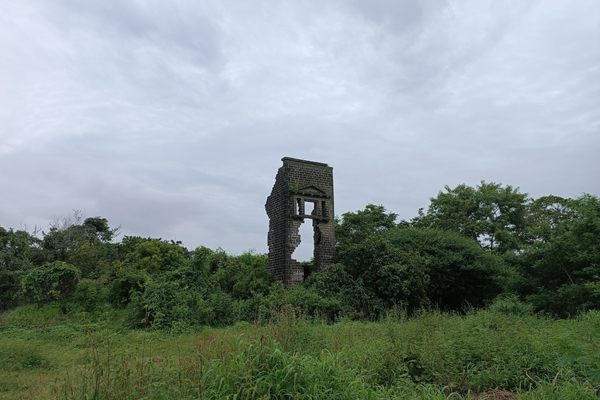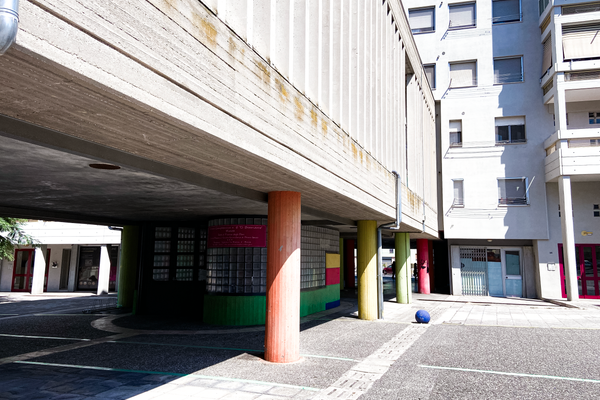About
In the 1960s and 70s, urban renewal reshaped downtown Chicago. In addition to its effects on the city's demographics, these changes resulted in the destruction of a number of beloved buildings. One of the most famous examples was the Chicago Stock Exchange Building, designed by the architects Louis Henri Sullivan and Dankmar Adler.
The Chicago Stock Exchange was built in 1893, and was considered one of the finest commercial buildings in the world at the time. The 13-story structure was decorated with plate glass and steel accents that showed off Sullivan’s unique use of intricate geometric figures. The highlight of the building’s exterior was a massive terra cotta arch covered in ornate decorations.
As other 19th century architecture in the city was being slated for demolition, preservationists fought to keep the Stock Exchange from the wrecking ball. One of those preservationists was the photographer Richard Nickel. To preserve the doomed buildings, he took photographs and salvaged ornamental pieces. But sadly, Nickel was killed when the floor above him collapsed while he was working inside the Stock Exchange.
Despite public outcry, the Stock Exchange was demolished in 1972. A few key components were saved: the original trading room and the terra cotta arch. In 1977, the Art Institute of Chicago put the arch on display in a small plaza outside the museum, and reconstructed the original trading room inside. Today, the disembodied stone arch stands in stark contrast to the Art Institute's glass and steel Modern Wing—a meeting of the city's past and present.
Related Tags
Know Before You Go
The arch sits at the corner of Monroe Street and Columbus Drive on the northeast side of the Art Institute. In order to see the ornate detail, the arch is best observed from Columbus Drive. Though the museum closes, the arch can be visited any time of day.
Community Contributors
Added By
Published
March 10, 2020






